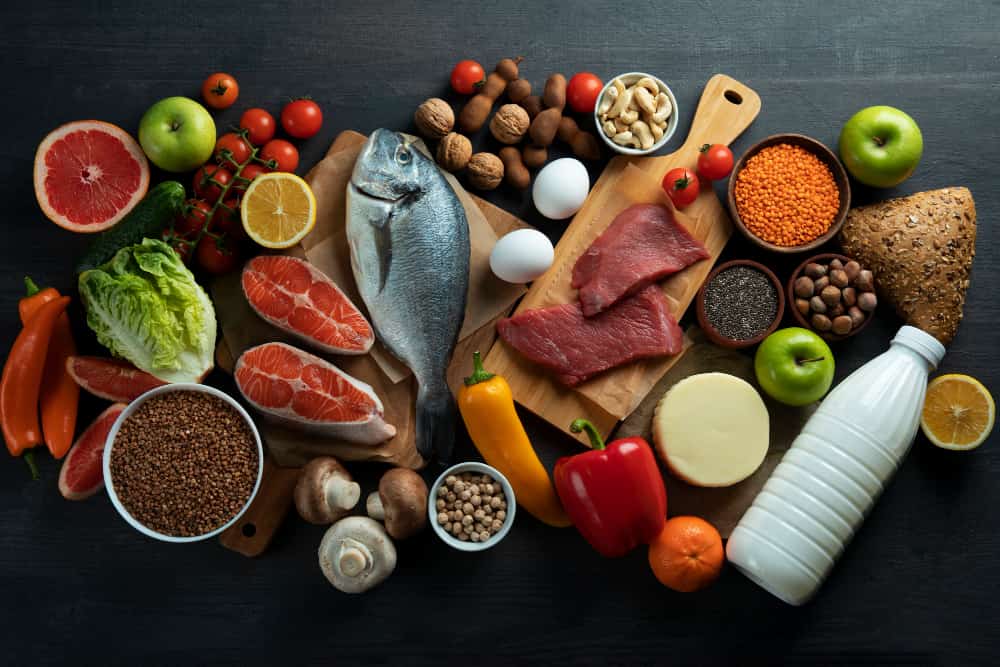2. Proteins

Protein is a critical component of the ketogenic diet, essential for building and repairing tissues, and should be consumed in moderation to complement the high-fat intake. The focus should be on high-quality, whole-food sources of protein such as grass-fed beef, free-range poultry, wild-caught fish, and whole eggs. These foods provide not only essential amino acids but also important nutrients like B vitamins, iron, and omega-3 fatty acids, which are beneficial for overall health.
It’s important to balance protein intake to support muscle health without interfering with ketosis. Too much protein can be converted into glucose, potentially taking you out of ketosis, so monitoring portion sizes is key. Incorporating a variety of protein sources in your meals can help meet your nutritional needs while keeping your diet interesting and flavorful. By choosing quality over quantity and combining different protein sources, you can maintain muscle mass, support bodily functions, and stay aligned with your keto goals.
